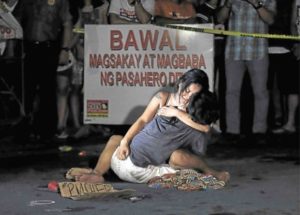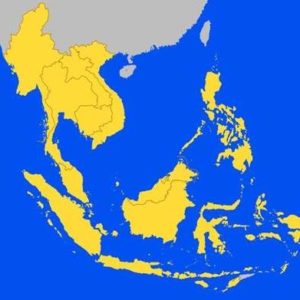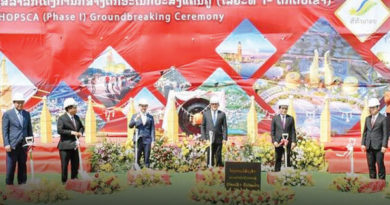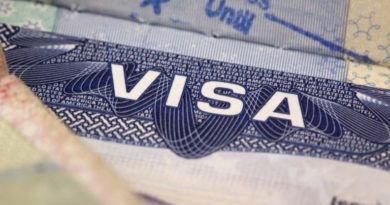ASEANEWS HEADLINE-DU30 E.J.K. | MANILA: Cop confirms reward system in drug war

MANILA, Philippines — Controversial police Col. Jovie Espenido yesterday confirmed that there was a reward and quota system under formerpresident Rodrigo Duterte’s war on drugs, which emboldened some police officers to abuse the system.
Testifying before a hearing of the House of Representatives’ quad committee on drug-related killings during the Duterte administration, the police officer said that many innocent civilians died due to abuses committed by the police.
“We’ll work (to eliminate) anyone, as long as you’re on the (drug) watchlist, your honor,” Espenido replied to Ako Bicol party-list Rep. Jil Bongalon’s questioning.

“But then, some police officers abused this problem in the war against illegal drugs,” he added.
Espenido explained that the “pushers and users” were the ones eliminated in the drug war and not the drug sources themselves.
“I am very, very sorry to say that some police officers took advantage and opportunity (to kill drug pushers) to gain rewards and higher positions,” he said.
Bongalon asked Espenido if he was aware that during the anti-drug crackdown, there were strong protests against the human rights violations committed by the police.
Espenido replied in the affirmative, underscoring he believed that human rights were indeed violated during the drug campaign.
He added that instructions for police officers were clear as jargon used in police language.
“There is one general word that when you hear it, we all know the meaning of it. When we say ‘to neutralize (illegal drugs),’ killing (of pushers) is included. That is very obvious for us,” he maintained.
Responding to queries of Manila Third District Rep. Joel Chua, Espenido claimed that when he became the police chief in Albuera, Sen. Ronald dela Rosa called him up and instructed him to dismantle the drug operations in his area.
“Dela Rosa’s instruction to me was to help him and president Duterte with this war against illegal drugs. (Dela Rosa told me,) ‘Do your best; I will assign you as chief of police in Albuera so the drug problem in Albuera will be eliminated.’ That’s what I remember,” Espenido recalled.
Dela Rosa, in a chance interview at the Senate, said he has yet to read Espenido’s statements.
He noted that there seems to be confusion with how the term “neutralize” was used in the drug war.
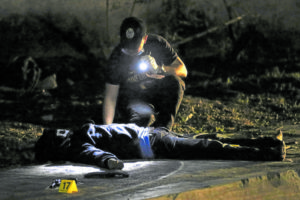
…
“What’s so bad about neutralizing drugs? We have to neutralize the drug problem, don’t we? Did I say kill that person? I didn’t say anything to kill that person,” he said.
He also clarified that “neutralizing” means to clean up the drug problem in an area and reiterated his point that he did not order to kill drug pushers and users.
He is also seeking a Senate investigation into the alleged involvement of government officials and workers in illegal drugs.
He noted President Marcos’ pronouncement in his State of the Nation Address last July of the arrest of 440 government officials, 42 uniformed personnel and 77 elected officials who were involved in illegal drugs, prompting him to file Senate Resolution 1163.
The Philippine National Police (PNP) has yet to make a statement about Espenido’s claim.
Espenido was the police chief of Ozamiz City, Misamis Occidental whose mayor, Reynaldo Parojinog Sr., and several members of the family and security were killed in a raid by a team from the Criminal Investigation and Detection Group-Region 10 in July 2017.
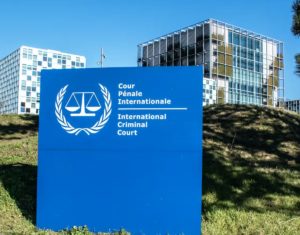
…
Prior to this, Espenido was police chief of Albuera, Leyte when the town mayor, Rolando Espinosa, was gunned down in a raid in his jail cell.
From Ozamiz, the police official was directed to Iloilo City, described by former president Duterte as the most “shabulized” and whose mayor Jed Mabilog has not returned from abroad after he was placed on a drug watchlist.
After Iloilo, Espenido was assigned to track down drug cartels in Negros Island.
Upon grilling by lawmakers, Espenido said he was able to meet Duterte four or five times at Malacañang, two of these after the operations in Albuera and Ozamiz where, with Dela Rosa present, he was feted for a job well done.
Espenido is now on floating status three months prior to his scheduled retirement.
.

…
Corroborated
An incarcerated former policeman yesterday corroborated the earlier testimonies of two inmates on the execution of three Chinese drug lords inside the Davao penal colony in August 2016.
Former policeman Jimmy Fortaleza supported the testimonies of Leopoldo Tan Jr. and Fernando Magdadaro regarding their claim of the murder of three Chinese drug lords in the same quad committee hearing.
In his testimony, Fortaleza recalled that in July 2016, he was visited by Lt. Col. Royina Garma, Chief Insp. Roland Vilela and Col. Hector Grijaldo, who were his classmates at the PNP Academy.
Fortaleza claimed that Garma asked where the Chinese drug lords were detained and he informed her that the three were in the “foreigner’s quarters.”
Garma told Fortaleza that she had an operation among the Chinese drug lords before leaving.
In August 2016, Fortaleza noted that Garma phoned him as she wanted to talk with Supt. Gerardo Padilla. Fortaleza then brought the phone to Padilla so he and Garma could talk.
This was followed by a commotion at the foreigners’ quarters due to “searching” that resulted in the three Chinese drug lords being transferred to an isolation cell where the three were killed by Magdadaro and Tan.
Fortaleza’s testimony made the lawmakers grill Padilla on suspicion that he was involved in the killing even as he denied he knew the whereabouts of the Chinese nationals.
Quad committee co-chair Surigao del Norte Rep. Robert Ace Barbers said Padilla’s answers “compel the panel to believe and conclude that he was lying.”
“It’s just two things, Supt. Padilla, you are either incompetent… or you have something to do with the crime that happened right in your house,” Barbers said.— Emmanuel Tupas, Cecille Suerte Felipe

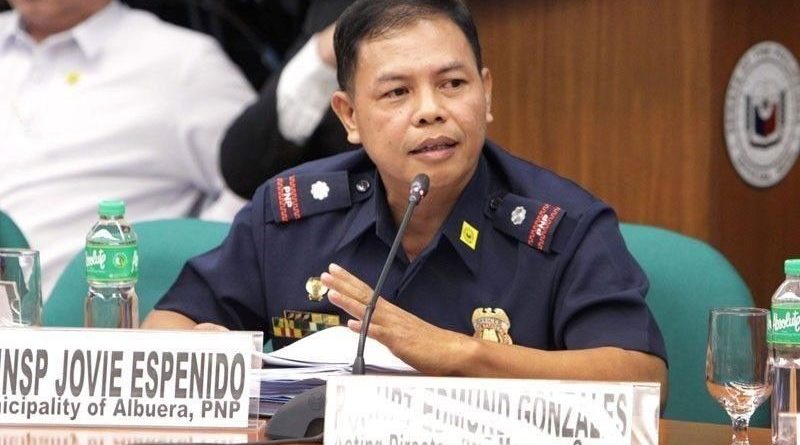
 Memento Maxima Digital Marketing
Memento Maxima Digital Marketing